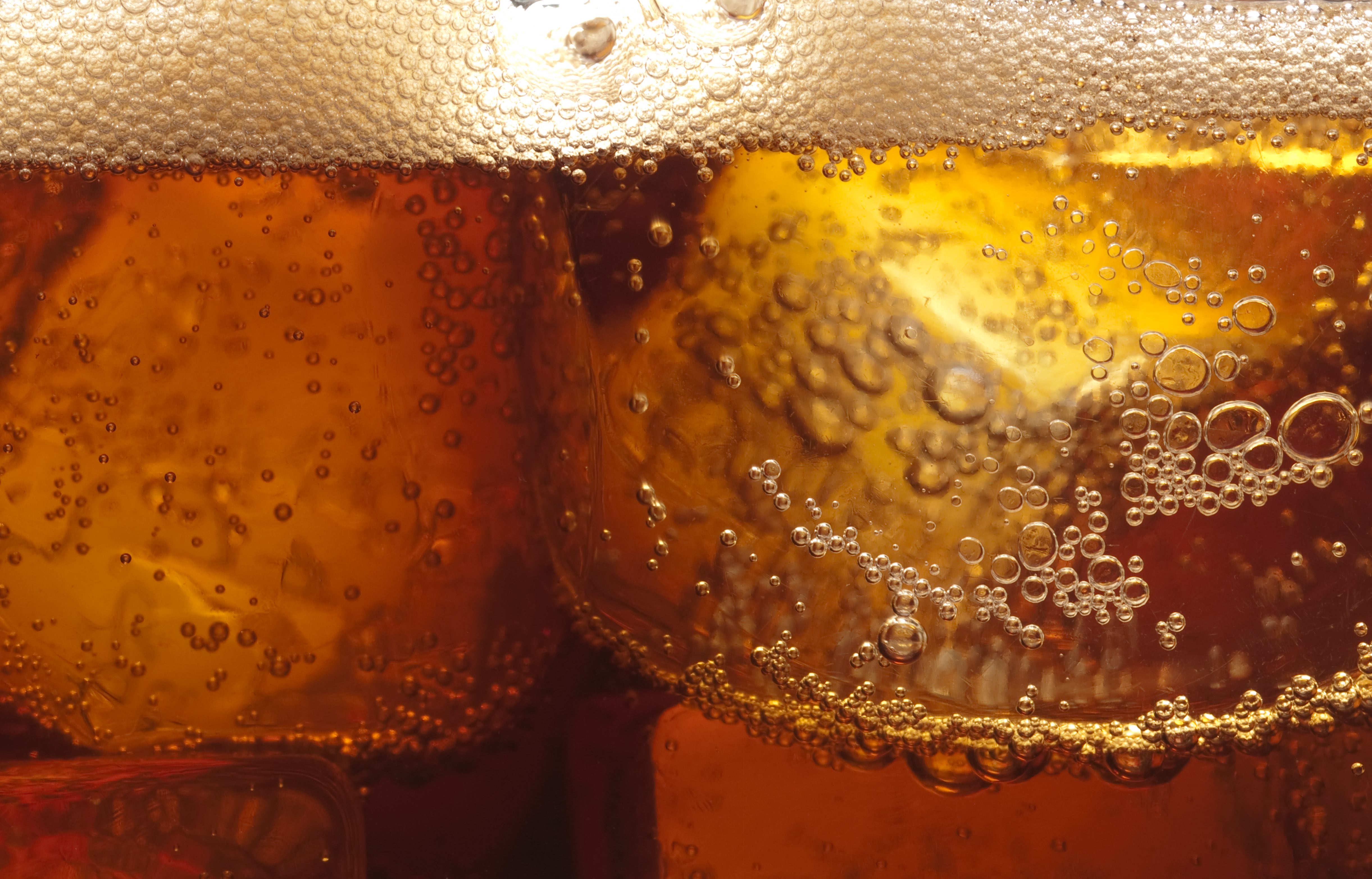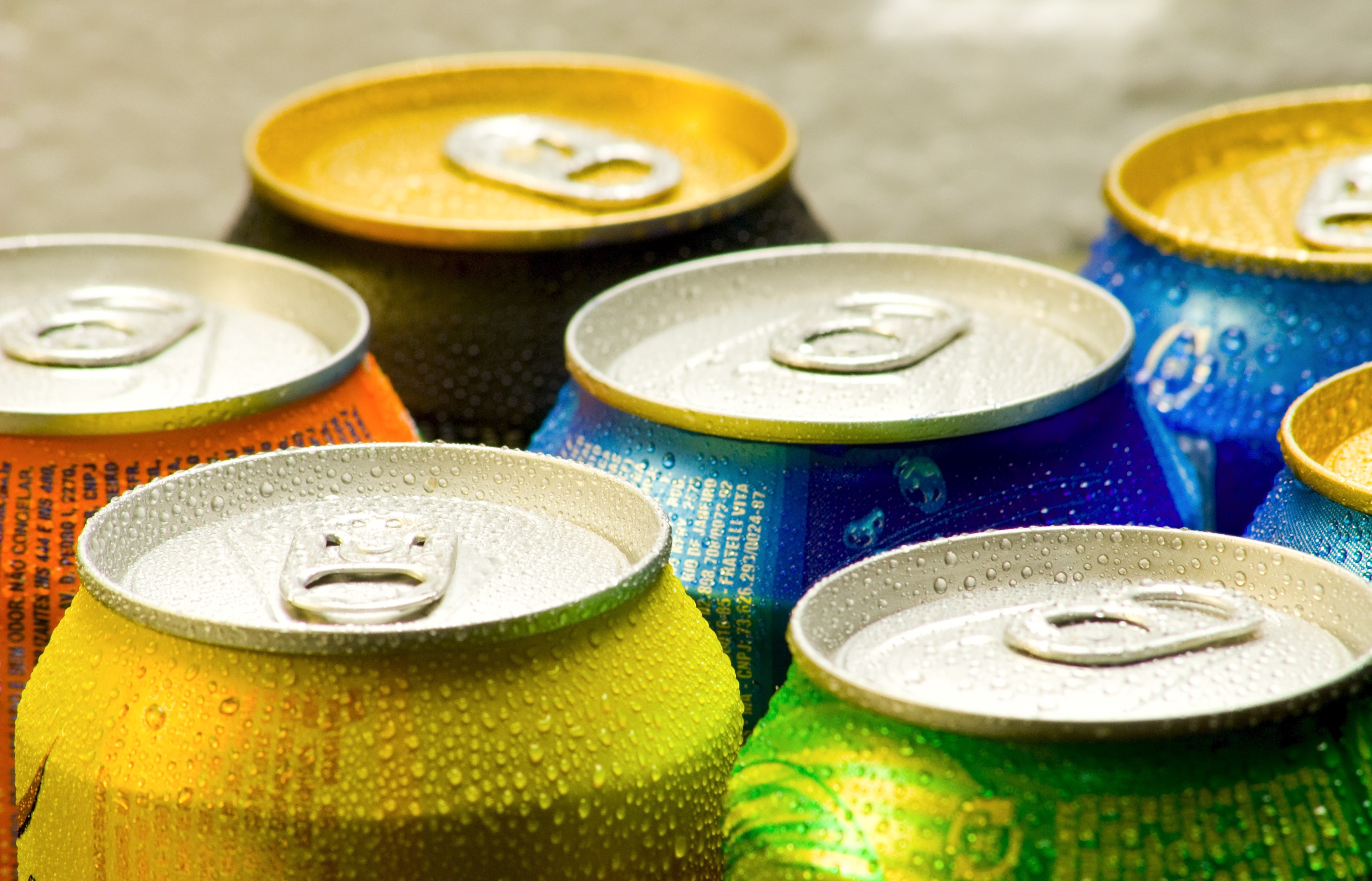
Sciences & Technology
Obesity link to packaging chemical

New research from the University of Melbourne and the Cancer Council Victoria finds people who regularly drink sugary soft drinks are more at risk of cancer
Published 22 February 2018
Sugar, body weight and cancer have long been known to have an intricate and troubling relationship.
Health professionals have observed that as our body weight increases, so does the occurrence of many cancers like those in the liver, aggressive prostate, ovary and gallbladder.
But what hasn’t been clear is where sugar fits into this equation.

So researchers from Cancer Council Victoria and University of Melbourne have studied more than 35,000 Australians who developed 3283 cases of obesity-related cancers to understand more.
What the study found is that people who regularly drink sugary soft drinks are found to be more at risk of several types of cancer than those who don’t, says Associate Professor Allison Hodge, a Senior Research Fellow at Cancer Council Victoria and the University of Melbourne.
“These particular cancers are commonly associated with obesity, however, our research found this risk existed for all participants, no matter their size,” says Dr Hodge.
The study looked at eleven types of obesity-related cancers including kidney, colorectum, oesophagus, post-menopausal breast, pancreas, endometrium, gastric cardia as well as liver, aggressive prostate, ovary and gallbladder.
“We were surprised to find this increased cancer risk is not driven completely by obesity,” Associate Prof Hodge says.
“Even people who are not overweight have an increased cancer risk if they regularly drink sugary soft drinks.”
“But this is not the case with those who drink diet soft drinks, suggesting sugar is a key contributor.”

The caramel colouring (4-methylimidazole) used in cola drinks, and artificial sweeteners, do not seem to affect cancer risk, the study finds.
Higher consumption of both sugar-sweetened and artificially sweetened soft drinks is associated with higher waist circumference, but cancer risk is only higher among those who drink more sugar-sweetened soft drinks.
“Those who regularly drink diet soft drinks are just as likely to be obese as those who regularly drink sugary soft drinks, which still carries health risks.”
Cancer Council Victoria CEO Todd Harper says these findings provide yet another reason for people to cut back their consumption of sugar-sweetened soft drinks.
“Sugary drinks, including soft drinks, are already known to be a cause of obesity, which greatly increases the risk of a number of cancers,” he says.

“And cancer is just one of many chronic health conditions associated with sugary drink consumption– including increased risk of type 2 diabetes, heart disease, and tooth decay.”
“We need more people to understand the connection and make the switch to water.”
The study looked at adult soft drink consumption, but the problem is likely even more significant in younger Australians, according to Obesity Policy Coalition Executive Manager Ms Jane Martin.

Sciences & Technology
Obesity link to packaging chemical
“Younger Australians are consuming significantly more sugary drinks than older people, they are widely available and often discounted” Ms Martin says.
“Big brands bombard kids with marketing for these unhealthy sugary drinks, including through sport, which can set kids up for a lifetime of health problems.”
“A 20 per cent health levy on sugary drinks can help deter people from these cheap and very unhealthy drinks, and help recover some of the significant costs associated with obesity and the increasing burden this puts on our public health care system.”
Ms Martin also says people should still be cautious about drinking artificially-sweetened drinks, as these have also been associated with weight gain and obesity, which is in turn associated with cancer.
Associate Professor Hodge says she would like to see these findings confirmed among other populations, and understand why – and the extent to which – sugar seems to increase cancer risk.
“This is one of the first studies to identify an association between sugary soft drinks and cancer risk, and so we hope this study will encourage more research in this area going forward.”
Banner: Getty Images